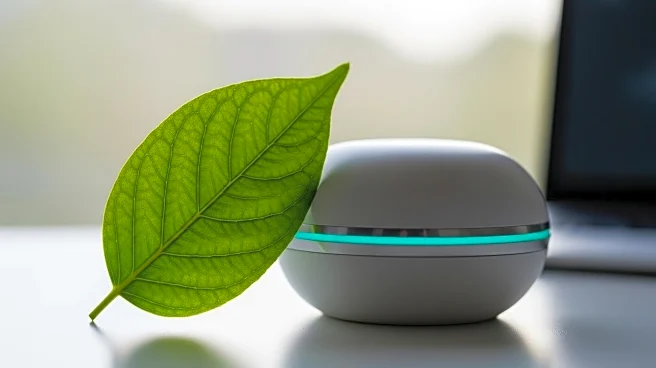What's Happening?
The Mibelle Group, LanzaTech, and Fraunhofer Institute have developed a CO2-based ingredient to replace palm oil in cosmetics. This innovation uses biotechnology to convert CO2 into a palm oil-free fat blend, reducing reliance on palm oil and promoting sustainable supply chains. The process involves two fermentation stages, converting CO2 into alcohol and then into fats using oil yeasts. This palm oil alternative offers high-quality, natural fats with skincare benefits, addressing environmental concerns associated with palm oil cultivation.
Why It's Important?
This breakthrough in sustainable technology addresses the environmental impact of palm oil cultivation, which contributes to deforestation and CO2 emissions. By offering a viable alternative, the cosmetics industry can reduce its ecological footprint and promote biodiversity conservation. The development of CO2-based ingredients may lead to more sustainable practices across various industries, encouraging innovation and environmental responsibility. As consumer demand for eco-friendly products grows, this technology could reshape market dynamics, influencing product development and supply chain strategies.
What's Next?
The partners are scaling up production of the palm oil-like fat blend, moving towards market readiness. This involves expanding fermentation processes at Fraunhofer's facilities, aiming to produce high-quality fats for cosmetic applications. The success of this initiative could lead to broader adoption of CO2-based ingredients, transforming industry standards and encouraging further research into sustainable alternatives. Stakeholders will likely monitor the project's progress, assessing its potential to drive environmental change and influence consumer preferences.








